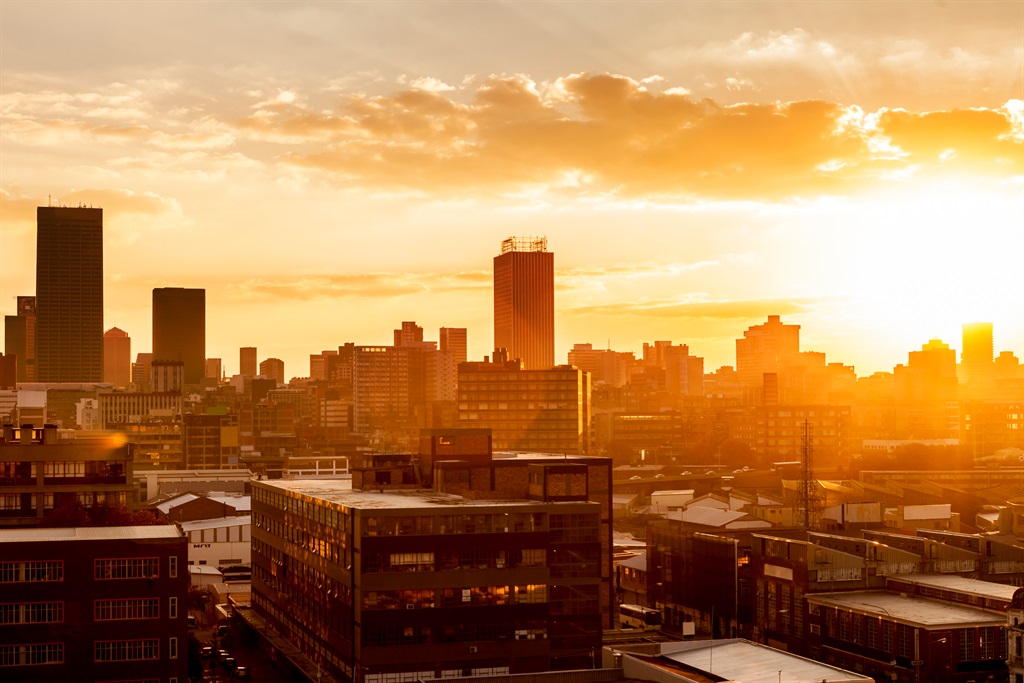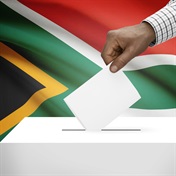
When Rolihlahla Nelson Mandela was our president, South Africa’s debt-to-GDP ratio was 20%.
Under Thabo Mbeki it was 30% – and now it sits at 57%.
When a country chooses to consciously, deliberately be overly dependent on foreign direct investment, as we are, it has to submit to a mechanism that evaluates how safe that investment is.
Such as ratings agencies – yet we continue to score economic own goals and when they downgrade us, we question their bona fides.
When I was in a Treasury and business delegation on an investor roadshow to London and the US in May, we met with all three major ratings agencies (S&P, Fitch and Moody’s). They raised five issues.
Firstly, they told us that they wish for us to succeed, but they don’t believe we are capable of implementing structural reforms. What they meant was that we’re great at developing plans (remember the RDP, GEAR, ASGISA and others?), but we’re poor at putting them into practice.
Second, they said that South Africa’s economic growth is too pedestrian to address challenges, such as absorbing 180 000 graduates (many with inappropriate skills) into the jobs market.
Third, they said we must fix our state-owned enterprises. Minister of Public Enterprises Pravin Gordhan, only has seven to contend with – but national government alone has 374 state-owned enterprises.
When we include provincial and local government, that number balloons to more than 700.
That’s a lot to fix.
One of the most important ones, Eskom, is bigger than the economies of 28 African countries.
It has debt of hundreds of billions of rands; if it goes down, South Africa goes down with it. And we’re at its mercy: when striking workers switched off the lights in June, the cost to our economy in a single day was R50 billion.
Fourth, the ratings agencies demanded fiscal prudence: to increase revenues and cut expenditure.
We know government is bloated, as are our SoEs – the latter by a third. Eskom has 48 000 employees, by my reckoning 15 000 too many; its exco in 2007 consisted of 20 people, which has now ballooned to 80.
But then, our government’s exco – the Cabinet – has almost doubled from Mandela’s executive of 20 people to 37 at the last iteration.
Lastly, they told us to “change the narrative”. Let me provide an example: Colombia’s president Juan Manuel Santos won the Nobel Peace Prize in 2016, despite 50 years of civil war and a death toll of over 220 000.
Why? Because his government began speaking not of how many people it had killed, but about what it was doing to rebuild the country, and how to take it forward.
The narrative was changed, peace was made – and Santos got the prize.
And now we get to the point of my argument. The business sector needs to be present. We must join hands with civil society and be active citizens. We must insist on being included in policymaking.
If we want to be conscientious, a patriotic partner in our country’s success, if we see that it is manifestly in our interests to operate in a prosperous and inclusive South Africa, then we must address six crucial issues:
1. Land
I’m not talking about expropriation without compensation, which has many people excited. Business doesn’t generally support this policy – which, by the way, is already provided for in the Constitution. (Government is revealing its laziness by wanting to change it; the problem is not a failure of legislation, but of execution.)
The bigger issue is actually land reform, comprising three elements: land restitution, the restoration of land taken illegally and violently from its rightful owners, which is central to black people’s struggle and thus seminal to our country’s survival; land redistribution, righting the deliberate act of putting 90% of the population on 30% of the land; and land development, at the centre of which are the concepts of property rights and security of tenure.
2. Transformation
It can no longer be, as it has for 350 years, that 10% of the population (i.e. white males) represent 70% of the economy. We need to ensure that the economy is broadly reflective of our population, in particular black South Africans and women.
The business world accepts males’ contributions, competence and success much more easily than those of females – and as soon as there is a focus on women, men (including black men, alas) are quick to feel put-upon. Even though they’ve ruled the world for centuries.
3. Fiscal crisis
We collect R1.2 trillion in taxes; divided among 57 million of us, there’s absolutely no reason why anyone should go to bed hungry.
Yet we sleep soundly, knowing that 17 million of us are on some form of social security, with no sense of dignity or self-worth.
Ten million of us are not in education, employment or training, and 6.2 million young graduates don’t have jobs.
When Swiss unemployment reaches 4%, they declare it an emergency; we’re sitting at 27.2% – and youth unemployment is at 56%. This is a disaster by any metric.
4. Growth
We must increase productivity; and we need systems and processes to do so, or our country will fail. For example, a cardiothoracic surgeon without an operating theatre becomes a glorified GP. Productivity requires infrastructure and support.
If we don’t kickstart growth soon, we will be speaking of redistribution of poverty, not of wealth.
5. Jobs
We need to give people their dignity back; too many of us are unemployed.
In his book My Own Liberator, former Deputy Chief Justice Dikgang Moseneke writes that our people are not reaching their potential.
He has chosen his words carefully; he doesn’t say their fullest potential – he’s saying that they are underutilised.
6. Education
Education is the only way that someone can cross the bridge from an informal settlement in Alexandra into Sandton, the richest square mile in Africa.
Yet South Africa is the only country in Africa that attained freedom and didn’t focus on education.
In Ghana, literacy was at 80% within 10 years of liberation; in Robert Mugabe’s Zimbabwe, with all its issues, literacy was pushed up to 94%.
But here, we went from a purposely rotten apartheid education system to a 30% pass rate.
The business sector, through actively taking a leadership role in addressing these six issues, can have an enormous impact on the South African economy, and at the same time address the imperatives of the ratings agencies: structural capability, strong economic growth, SoEs that work, fiscal prudence.
But most importantly, we can create an inclusive country where everyone has access to land, education and jobs, where our economy reflects all our people and isn’t saddled with astronomical debt.
We can – we must – change the narrative.
• This article is a précis of an address by Bonang Mohale to the FIA Advice Summit in Sandton on October 12. Bonang Mohale is Business Leadership South Africa chief executive and Hollard Board member




 Publications
Publications
 Partners
Partners








